Stories from the Agribusiness Newspaper Grass & Grain


Governor Laura Kelly has approved updated drought declarations for Kansas counties through proclamation.
“While drought conditions have improved in some areas of the state, many counties continue to be negatively impacted by the decline in water supply or strains on water resources,” said Kelly. “I strongly encourage all Kansans to continue to conserve water over the summer months.”
The drought declaration placed four counties into emergency status, 35 into warning status, and 66 into watch status. This action was recommended by Connie Owen, director of the Kansas Water Office and chair of the Governor’s Drought Response Team. While eastern Kansas has seen significant relief from drought since March, central and western Kansas has declined rapidly into Severe and, in a few counties, Extreme Drought.
“The counties in a watch status are experiencing conditions that indicate the probability of a water shortage is rising. It is important to monitor these conditions and be mindful of water usage in these counties,” said Owen. “Summer has arrived, and with it, higher temperatures and a decrease in precipitation. The Governor’s Drought Response Team will continue to monitor the drought conditions across Kansas and make recommendations to Governor Kelly as conditions change.”
Through an interagency agreement between the Kansas Water Office, the Kansas Department of Wildlife and Parks, and the Kansas Division of Emergency Management, counties in the emergency stage are eligible for emergency water use from certain state fishing lakes and some federal reservoirs.
Individuals and communities must contact the Kansas Water Office for a water supply request before any withdrawals from lakes. These requests will, in turn, be referred to the appropriate office to obtain necessary permits to withdraw the requested water.
This proclamation shall remain in effect for those counties identified until rescinded by a proclamation ending the declaration or revising the drought stage status of the affected counties.
Effective immediately, the proclamation:
· Declares a Drought Emergency, Warning, or Watch for the counties as identified below;
· Authorizes and directs all agencies under the jurisdiction of the Governor to implement the appropriate watch, warning, or emergency-level drought response actions assigned in the Operations Plan of the Governor’s Drought Response Team.
The Governor’s Drought Response Team will continue to watch the situation closely and work to minimize the negative drought-induced effects on Kansans.
For more detailed information about current conditions, visit the Climate and Drought webpage on the Kansas Water Office website at kwo.ks.gov.
County Drought Stage Declarations:
Drought Emergency: Hodgeman, Ness, Pawnee, Rush.
Drought Warning: Barber, Barton, Clark, Comanche, Edwards, Ellis, Ellsworth, Finney, Ford, Grant, Gray, Greeley, Hamilton, Harper, Harvey, Haskell, Kearny, Kingman, Kiowa, Lane, McPherson, Meade, Morton, Pratt, Reno, Rice, Russell, Scott, Sedgwick, Seward, Stafford, Stanton, Stevens, Sumner, Wichita.
Drought Watch: Allen, Anderson, Atchison, Bourbon, Brown, Butler, Chase, Chautauqua, Cherokee, Cheyenne, Clay, Cloud, Coffey, Cowley, Crawford, Decatur, Dickinson, Doniphan, Douglas, Elk, Franklin, Geary, Gove, Graham, Greenwood, Jackson, Jefferson, Jewell, Johnson, Labette, Leavenworth, Lincoln, Linn, Logan, Lyon, Marion, Marshall, Miami, Mitchell, Montgomery, Morris, Nemaha, Neosho, Norton, Osage, Osborne, Ottawa, Phillips, Pottawatomie, Rawlins, Republic, Riley, Rooks, Saline, Shawnee, Sheridan, Sherman, Smith, Thomas, Trego, Wabaunsee, Wallace, Washington, Wilson, Woodson, Wyandotte.

|
"The Farm, Food, and National Security Act of 2024 is the product of extensive feedback from stakeholders and all Members of the House, and is responsive to the needs of farm country through the incorporation of hundreds of bipartisan policies. The release of this draft is a significant step forward in a years-long, deliberative process. The markup is one step in a greater House process, that should not be compromised by misleading arguments, false narratives, or edicts from the Senate. I look forward to engaging with colleagues on both sides of the aisle as we move to markup."
Discussion draft text of the Farm, Food, and National Security Act of 2024 here.
An updated title-by-title summary can be found here.
To view additional details on the 2024 Farm Bill as they become available, visit: agriculture.house.gov/FarmBill
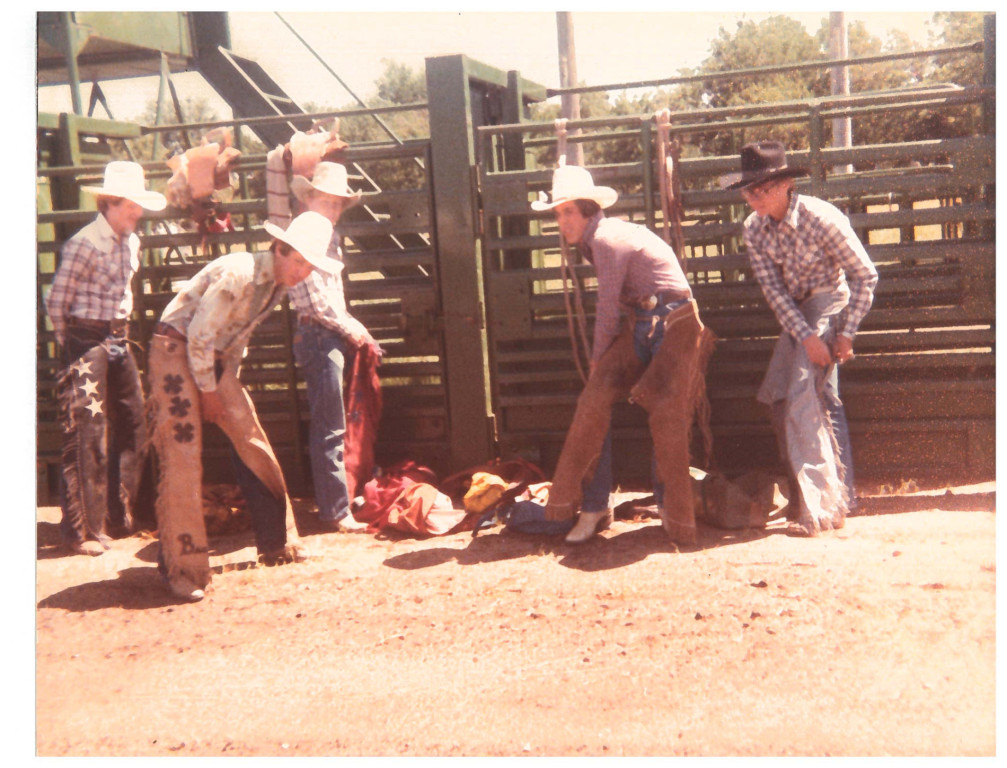
The Abilene rodeo is the same excellent show, but fans, and especially contestants, will see improvements in the arena.
Abilene resident John McDonald has been working on revamping and updating the timed event end of the arena, the north end where the steer wrestlers, tie-down ropers, team ropers, barrel racers and breakaway ropers begin their runs.
He installed a new timed event chute, built pens for steers and calves, built a new “arrow” chute (to load individual animals in), and constructed new arena fence. He also added pens, gates and a stripping chute at the end for the animals.
The changes will benefit the contestants; the ropers will be able to enter the box from the back, instead of going through the arena to enter through the front. Pens of steers and calves will be located on the north end of the arena, instead of having to send them through the arena during the show, and the steers and calves will be able to be placed according to the order they are needed for competition.
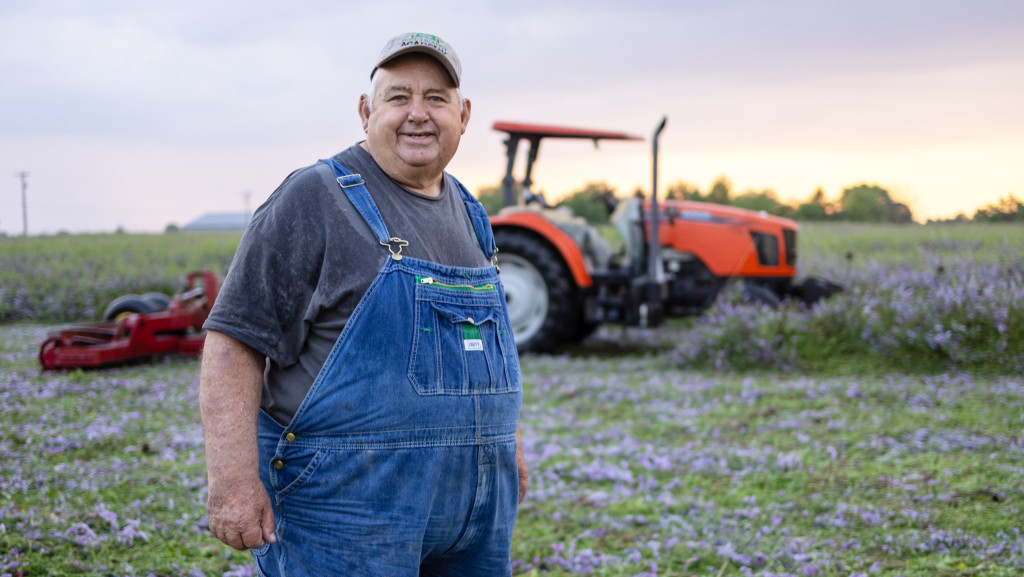
ENTERPRISE, Ala. — Regenerative farming pioneer David Brandt, who passed away recently from complications resulting from an automobile accident, will be honored with his name’s addition to the Kendra Brandt scholarship fund, the Soil Health Academy announced recently.
In 2020, shortly after the death of David’s wife, Kendra, SHA established a fund in her name that provides SHA school scholarships to women and beginning farmers who are committed to growing the regenerative agriculture movement by implementing regenerative principles in their own operations or through regenerative agriculture education, outreach or policy advocacy.
(Washington, D.C., January 23, 2023) – Today, the U.S. Fish and Wildlife Service (USFWS) announced it is extending the effective date of the final rule to list the lesser prairie-chicken under the Endangered Species Act until March 27, 2023. This decision comes after U.S. Senator Roger Marshall, M.D. and his colleagues urged the USFWS to delay the rule in a letter this month.
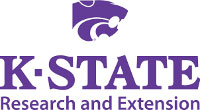
Despite the state’s ag prowess, many don’t have access to nutritious food
By Pat Melgares, K-State Research and Extension news service
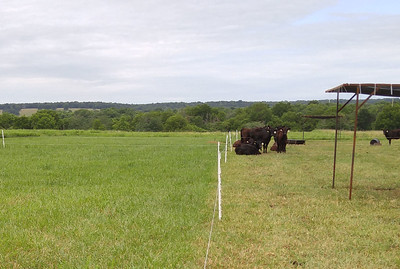
Stockpiling forage through intensive grazing management may be a cost-effective way to provide nutrition to cattle
By Lisa Moser, K-State Research and Extension news service
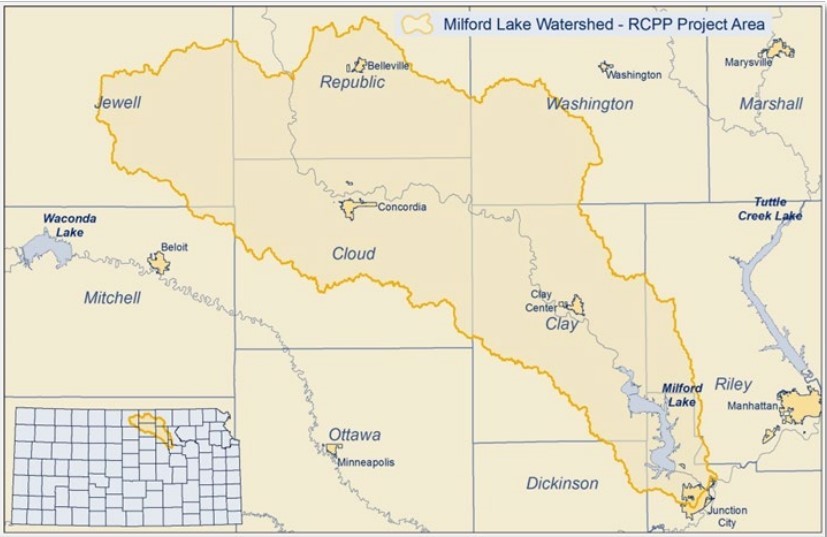
Funding Available for Producers within the Milford Lake Watershed
Lands eligible for assistance to improve nutrient management
Milford Lake Watershed Partners, in conjunction with the Milford Lake Watershed Regional Conservation Partnership Program (RCPP), are announcing financial assistance to help improve nutrient management within the Milford Lake Watershed in a partnership effort to improve water quality conditions within Milford Lake.


